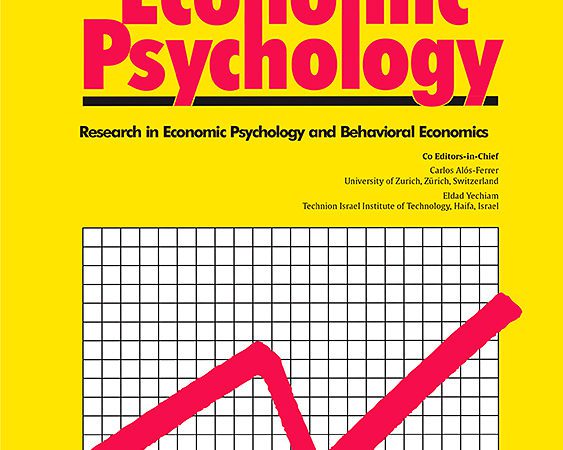
Do observers judge differently a wrongdoer when s/he does not exploit a situation to its maximum extent? Using a social intuitionist perspective and taking into account the reference point bias, we hypothesize that people will judge a wrongdoing less severely when the situation is not exploited to its fullest extent. We run two experimental surveys in France and examine whether various wrongdoings performed in the business realm (overcharging travel expenses, overstating work hours, pollution) are judged less severely when different reference points are suggested: (i) no explicit reference point is mentioned, (ii) a reference point is mentioned and the maximum extent is reached, (iii) a reference point is mentioned but the maximum extent is not reached and (iv) the participant is invited to elicit a reference point corresponding to what s/he considers as the maximum extent. Our findings support that participants judge a wrongdoer less severely, when a reference point mentioning that s/he has not exploited the situation to its fullest extent is indicated or elicited. Our findings suggest that partial cheaters could emphasize their self-restraint to mitigate judgment and punishment if they get caught. We draw some managerial and policy implications.
